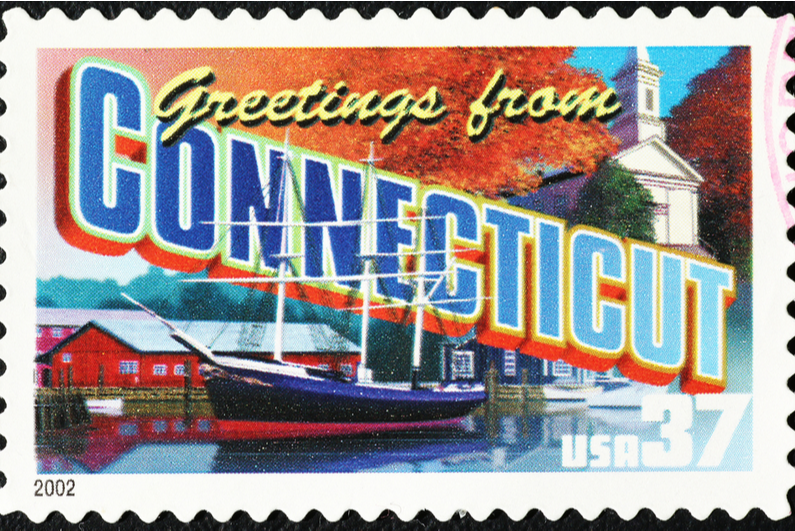Launched a portal
Connecticut’s Department of Consumer Protection (DCP) has rolled out a portal that offers players statewide the option to self-exclude from gambling.
The DCP’s move, announced Friday, reveals its intent to adopt robust responsible gaming measures. The state body highlighted problem gambling in a Tweet on September 24, encouraging those affected to sign up for its “new self-exclusion list to voluntarily ban yourself from gaming activities.”
The strategy behind the portal is to educate state residents on the signs of problem gambling and expose them to sources that help identify what constitutes a problem and, ultimately, how to seek support.
The DCP’s move also comes ahead of what The Associated Press reported Connecticut Governor Ned Lamont as indicating as an “October at the earliest” launch of the legal online and retail wagering market in the state.
All eyes on launch
As DCP Commissioner Michelle H. Seagull stated in a news release Friday, the body is aware of “a lot of excitement” ahead of the roll-out of the regulated sports betting market.
one person’s enjoyable form of entertainment can be another’s “harmful addiction”
Seagull gave a reminder, however, that one person’s enjoyable form of entertainment can be another’s “harmful addiction.” She added that voluntary exclusion is one of the many avenues available to help problem gamblers.
Governor Lamont went down the same route. Lamont spoke of “a new future” for sports wagering and gaming, countered by his acknowledgment that the new landscape brings with it renewed responsibilities for his state’s government.
Earlier this month, the Department of the Interior (DOI) okayed updated tribal compacts with the Mohegan Tribe and the Mashantucket Pequot Tribal Nation, which cleared betting and iGaming for launch in the state. Before the market can go live, the DCP still has to vet and approve all sports wagering operators’ suppliers and vendors.
Getting ahead of a problem
State bodies in Connecticut like the DCP have seemingly left no stone unturned in ensuring a gambling environment that acknowledges the issue of problem gambling up front.
Acting DMHAS Commissioner Nancy Navarretta outlined her organization’s robust provider network of problem gambling resources. She said DMHAS collaborates with the US’s foremost experts in providing technical and educational help in supporting and reacting to any “emergent needs.”
offers recovering problem gamblers “a much-needed respite from triggers”
Executive director of the CCPG Diana Goode said voluntary exclusion was an “essential step” for individuals addicted to wagering. She added that self-exclusion offers recovering problem gamblers “a much-needed respite from triggers and reduces the likelihood of relapse.”
CT Lottery’s government relations and responsible gaming manager Christopher Davis encouraged at-risk bettors to avail themselves of state resources such as the DCP’s new self-exclusion portal and the CCPG helpline.
Two tribes agree
Both the Mashantuckets and the Mohegan tribes are behind the state’s self-exclusion program. VP brand marketing and digital for Foxwoods Resort Casino Anika Howard said her firm and its online betting partner DraftKings were “committing millions of dollars to promote safer play initiatives.”
President and CEO of Mohegan Gaming & Entertainment (MGE) Ray Pineault said the Mohegan Sun already has its own voluntary exclusion program up and running. Pinault added that the Mohegan Sun’s online wagering partner FanDuel was collaborating on ensuring the firm’s online gaming products have “in-app tools” to aid responsible gaming.
Tribes in Connecticut do not have a sports betting market monopoly. The CT Lottery can run 15 retail sports betting locations, plus one online gaming skin, which it has handed to BetRivers. The BetRivers skin, along with the two tribes’ DraftKings and FanDuel counterparts, are Connecticut’s only three sports betting skins.
